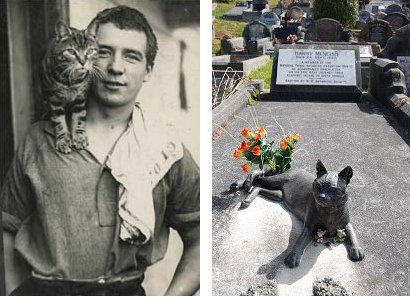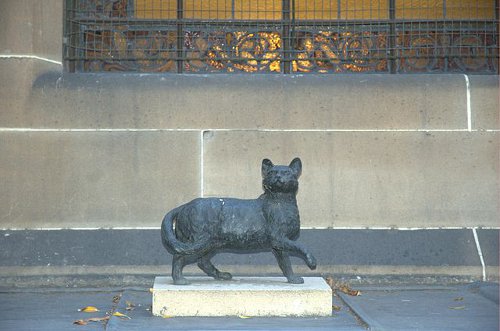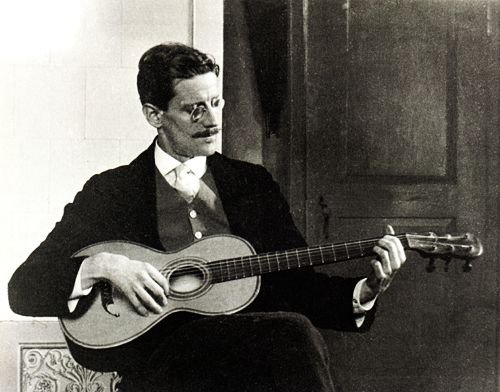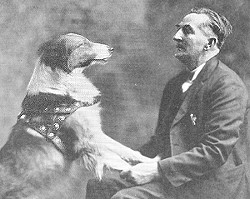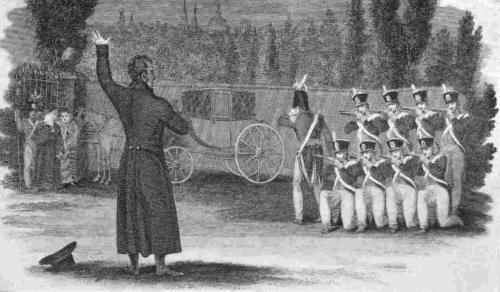
John Brunner’s 1965 science fiction novel The Squares of the City concerns a South American metropolis in which two opposing political leaders direct the actions of their followers using “subliminal perception.”
In an afterword, Brunner revealed that he had organized the entire plot to follow a historic chess game, Steinitz-Tchigorin Havana 1892. Each of the 32 pieces and pawns corresponds to a character in the book, and every capture in the Steinitz-Tchigorin game corresponds to an event in the plot. For example, Felipe Mendoza, representing the black king’s bishop, is killed in a duel with Luis Arrio, who represents the white queen’s knight. In the game, Steinitz captured Tchigorin’s king’s bishop with his queen’s knight on move 22.
“The individuals who correspond to the ‘pieces’ have powers roughly commensurate with those of the pawns and officers they represent,” Brunner explained. “The moves are all there, in their correct order and — so far as possible — in precise correspondence with their effect on the original game. That is to say, support of one piece by another on its own side, threatening of one or more pieces by a piece on the other side, indirect threats and the actual taking of pieces, are all as closely represented as possible in the development of the action.”
The book was nominated for the Hugo Award for best novel in 1966.



